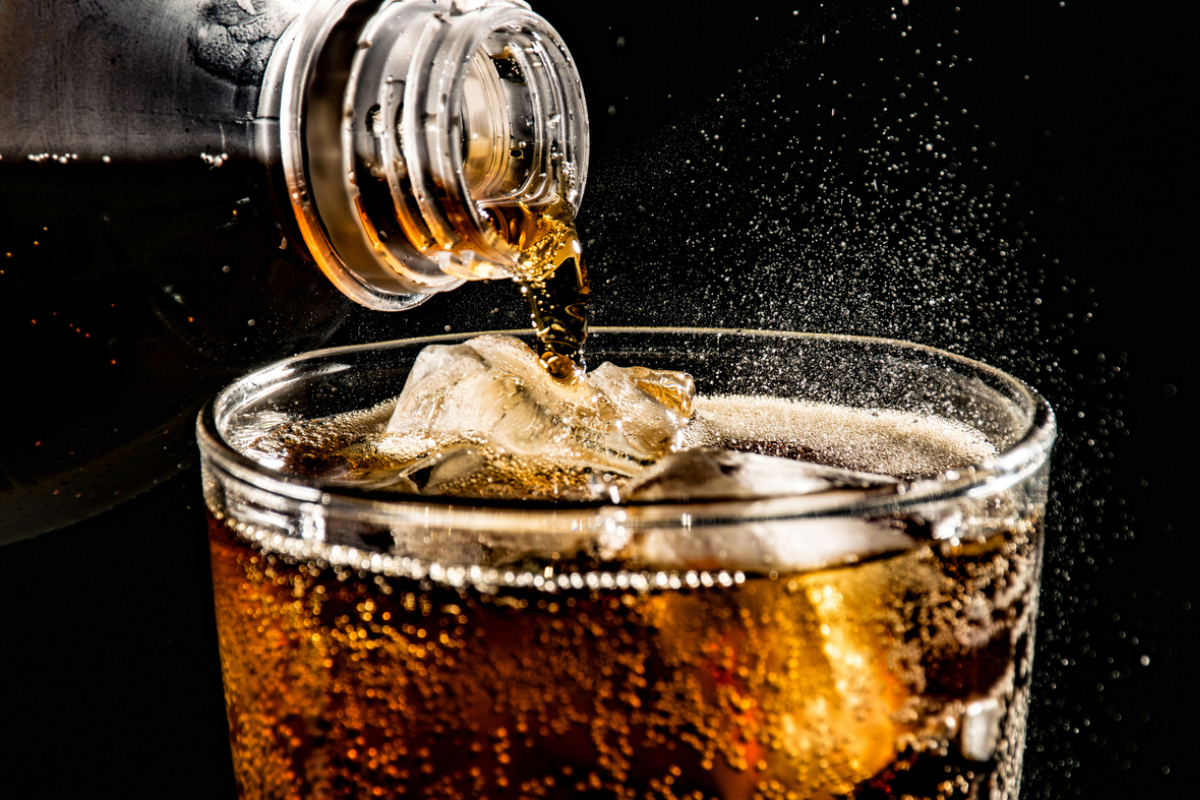Newlywed Boston Woman Fatally Attacked by Shark in Bahamas
Boston woman, 44, fatally attacked by shark paddleboarding near Nassau, Bahamas. Bahamas...

Soda-related Deaths Hit 8 Million Annually, Sparking Tax Debate
World Health Organization (WHO) unveiled shocking statistics, disclosing that 2.6 million deaths worldwide are annually attributed to alcohol consumption, while an alarming 8 million deaths are linked to the consumption of unhealthy diets, particularly sugary sweetened beverages (SSBs).
Contrary to encouraging consumption, the WHO report emphasizes the urgent necessity for countries to scale up taxes on both alcohol and SSBs. The global health organization cites new data exposing a low global taxation rate on these detrimental products, urging nations to leverage taxes to promote healthier lifestyles.
The report reveals that the majority of countries are not effectively utilizing taxes to encourage healthier behaviors. To support nations in this critical endeavor, WHO is set to release a technical manual on alcohol tax policy and administration.
While 108 countries are currently taxing some form of sugar-sweetened beverages, the global average excise tax represents a mere 6.6% of soda prices. Additionally, 148 countries have implemented excise taxes on alcoholic beverages, with wine exempted in at least 22 European countries.
The excise tax shares in the price of globally popular alcoholic beverages are noteworthy, standing at 17.2% for the most sold brand of beer and 26.5% for the most sold spirits type.
Dr. Rűdiger Krech, Director of Health Promotion at WHO, underscores the positive impact of taxing unhealthy products, emphasizing its role in creating healthier populations, preventing diseases, and generating revenue for public services. Case studies, such as Lithuania’s 2017 alcohol tax increase, have demonstrated a decrease in alcohol-related deaths and an increase in tax revenue.
Research also indicates that taxing alcohol and SSBs not only reduces their consumption but also incentivizes companies to produce healthier alternatives, thereby aiding in the prevention of injuries and non-communicable diseases such as cancers, diabetes, and heart disease.
A recent Gallup Poll, conducted in collaboration with WHO and Bloomberg Philanthropies, indicates widespread public support for increasing taxes on unhealthy products, reflecting a growing awareness of the link between these products and adverse health outcomes.
In response to these findings, WHO is recommending the application of excise taxes to all SSBs and alcoholic beverages. The release of the alcohol tax manual complements existing manuals on tobacco and sugar-sweetened beverages, highlighting the global importance of effective taxation policies for public health.
Catch all the Business News, Breaking News Event and Latest News Updates on The BOL News
Download The BOL News App to get the Daily News Update & Live News.